Dr. Kim Lewis from Northeastern University discusses how we are experiencing a human health crisis due to the spread of antibiotic-resistant bacteria. There are strains of tuberculosis and certain bacteria, such as MRSA. that cause infections that are resistant to all available antibiotics.
Most antibiotics have been discovered from soil microorganisms that produce antibiotics to fight their neighbors. Unfortunately, this is a limited resource and only 1% will grow in the lab. Dr. Lewis and his team developed a method to grow the remaining 99% of uncultured bacteria by growing them in their natural environment. This research led to their latest finding—a new antimicrobial, teixobactin, from a soil bacterium living in a grassy field in Maine. Teixobactin is the first example of an antibiotic to which bacteria do not develop resistance. This finding has the potential to treat and eliminate MRSA and other chronic infections as well as entirely solve the antibiotics crisis.
The Congressional Biomedical Research Caucus provides a forum where Members and staff can interact directly with preeminent researchers responsible for important scientific discoveries. Many of the stunning advances, made possible by NIH funding, highlighted
in these presentations have led to improved understanding of the cause, treatment, and prevention of human disease.








